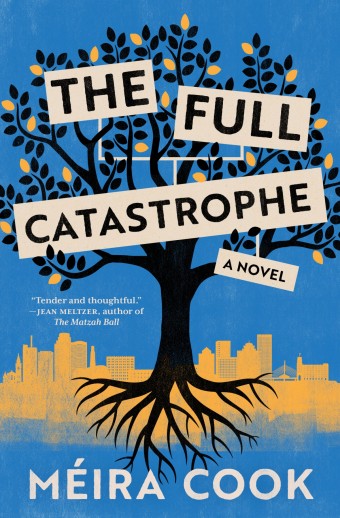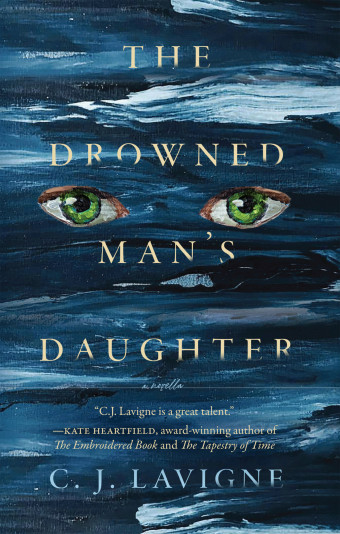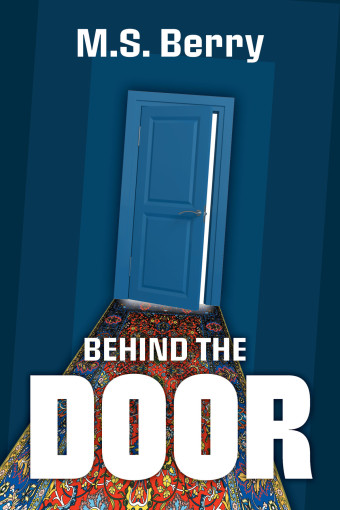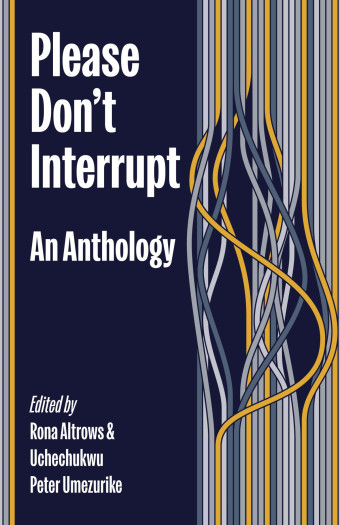Winnipeg-based Méira Cook is an award-winning author and poet, and her latest novel, The Full Catastrophe, has the blend of poignancy and comedy so evident in her previous novel Once More with Feeling.

- The Full Catastrophe
- Méira Cook
- House of Anansi Press Inc
- $24.99 Paperback, 348 pages
- ISBN: 978-14-87009-94-6
Readers first meet 13-year-old Charlie Minkoff through the eyes of his grandfather, Oscar Wolf Minkoff, at Charlie’s birth, when it becomes evident that he has intersex traits. His grandfather sees Charlie as just perfect, and their relationship is key to the novel.
“I loved the idea of writing about this awkward, often bullied but eternally optimistic young man whose imagination and emotional well-being are sustained by a grandparent who loves him unconditionally,” says Cook.
Charlie is kind to his elderly neighbours, adopts Gellman, a dysfunctional dog, struggles to understand his artist mother, falls for the mysterious Mickie, and is blessed (or cursed) with a dogged hopefulness. But as a teen in a binary world, his life is fraught with bullying and friendlessness.
The phrase “the full catastrophe,” used by Charlie’s teacher to sum up life – comedy and tragedy, romance and loss, politics and farce – tickles Oscar, whose life exemplifies all these things. Now a widower, he lives in Seth Rowe seniors’ residence (which he calls “Death Row” as it’s the last stop in life) and baits Mr. Himmelfarb, an acerbic fellow resident.
Upon learning about Oscar’s history during the Second World War, Charlie has the brilliant idea of asking Rabbi Spiegelman to give Oscar the one thing he lacks – a bar mitzvah. Oscar improves on the idea by wanting a double ceremony for the Minkoff men. Unfortunately Himmelfarb, true to his unpleasant self, interferes with the plan.
Woven through The Full Catastrophe are references to the film The Wizard of Oz. “The Wizard of Oz is an important intertext to my novel. It’s a marvellous movie about belonging and alienation, the experience of being lost and found, and the ability to find home,” Cook says.

Gellman, Charlie’s emotionally needy dog, left a mark on Cook. “Gellman, that big goof, really tickled my fancy and nuzzled his way into my heart, so I allowed myself to be persuaded to get a family dog. Our fastidious young Doodle is nothing like Gellman, but Gellman, as sloppy and troublesome as he is, will always be the first dog of my heart,” she says.
The Full Catastrophe has characters as rich and multi-faceted as life itself. It also has laugh-out-loud humour mixed with sadness.
“Charlie is a vulnerable young man, made more so by the fact that he has a so-called disorder of sexual development that complicates his feelings about adolescence. And Oscar, of course, has had a tragic past as a Holocaust survivor,” says Cook.
“But in writing about these things – Oscar’s past and Charlie’s present – I didn’t want them to seem like the only or even the most important aspects of Oscar and Charlie. All the characters resist being defined by one potentially sensational characteristic or trait.
“And humour is a way of gently nudging the reader into an awareness that the full catastrophe of our lives is much more than the bewildering or potentially mournful aspects of our experiences. It’s also about unexpected joy and broad comedy.”













